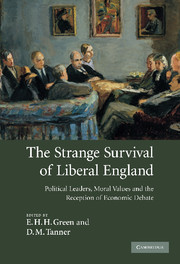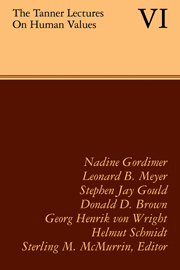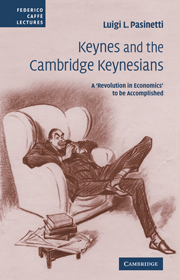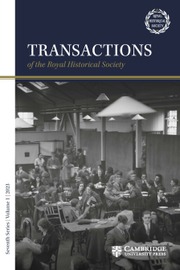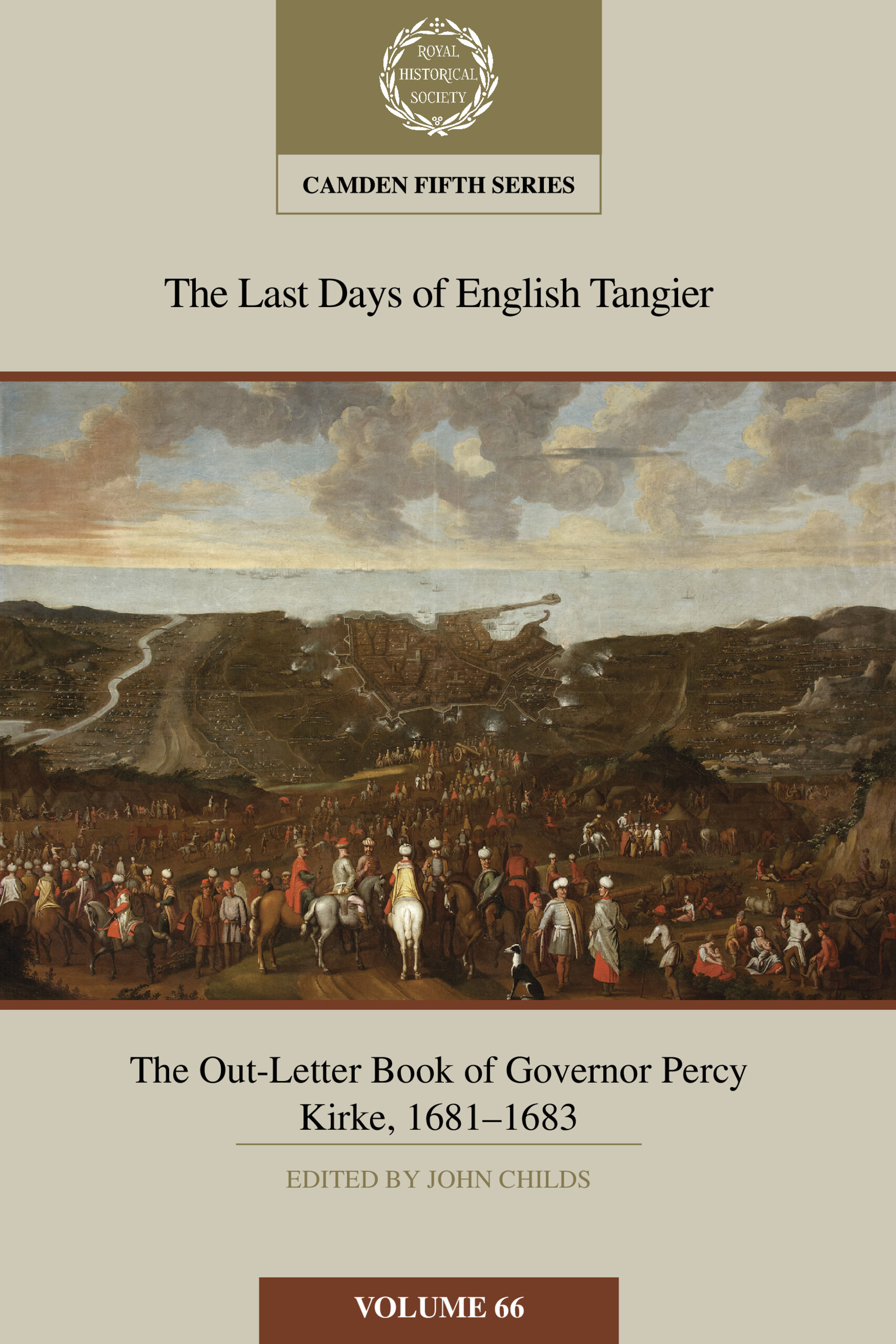The Strange Survival of Liberal England
It is often assumed that politicians are swept along by global forces and influences, without the power - or the desire - to shape events. By contrast, this book is concerned with the way that cultural values, individual moral sentiments and politicians' interpretation of economic and other imperatives have helped to shape political values. Focusing on the nineteenth and twentieth centuries, and containing contributions by a series of prominent scholars, themes are developed through essays on recognisably important events and figures. Subjects include the policy ideas of W. E. Gladstone, Woodrow Wilson's support for war in 1916 and Ramsay MacDonald's role in the 1931 crisis. Other essays examine the way that Keynesian ideas were understood and used across the party spectrum, and beyond Britain itself, or reflect on the relationship between ideas, values and politics. This volume also celebrates and represents an approach to historical writing which has received little attention from scholars.
- Extensive introduction places the essays in the context of a broad but little-studied approach to history
- Features essays by leading economic and intellectual historians
- An unmatched guide to the role of ideas and people in politics
Reviews & endorsements
"Strange Survival of Liberal England is a very good read. Like other works of the new political history...it reveals that political history need not be stodgy or dull." -Matthew Hendley, H-Albion
Product details
December 2007Hardback
9780521881678
328 pages
229 × 152 × 22 mm
0.65kg
Available
Table of Contents
- Abbreviations
- Notes on contributors
- Introduction Ewen Green and Duncan Tanner
- Part I. Economic Ideas and Political Leaders:
- 1. Utilitarian or neo-Foxite Whig? Robert Lowe as Chancellor of the Exchequer Boyd Hilton
- 2. Political economy, the Labour movement and the minimum wage James Thompson
- 3. Economic interpretations of war: American liberals and US entry into World War I John A. Thompson
- 4. Political leadership, intellectual debate and economic policy during the Second Labour Government 1929–31 Duncan Tanner
- Part II. The Use and Abuse of Economic Ideas: Keynes and his Interpreters:
- 5. The Labour party and Keynes Richard Toye
- 6. The Conservative party and Keynes Ewen Green
- 7. Keynesian ideas and the recasting of Italian democracy, 1945–53 Eugenio Biagini
- Part III. Economic Forces and their Significance:
- 8. Where did it all go wrong? Cultural critics and 'modernity' in inter-war Britain Stefan Collini
- 9. Moral choice and economics: British political economy in the twentieth century Barry Supple.

